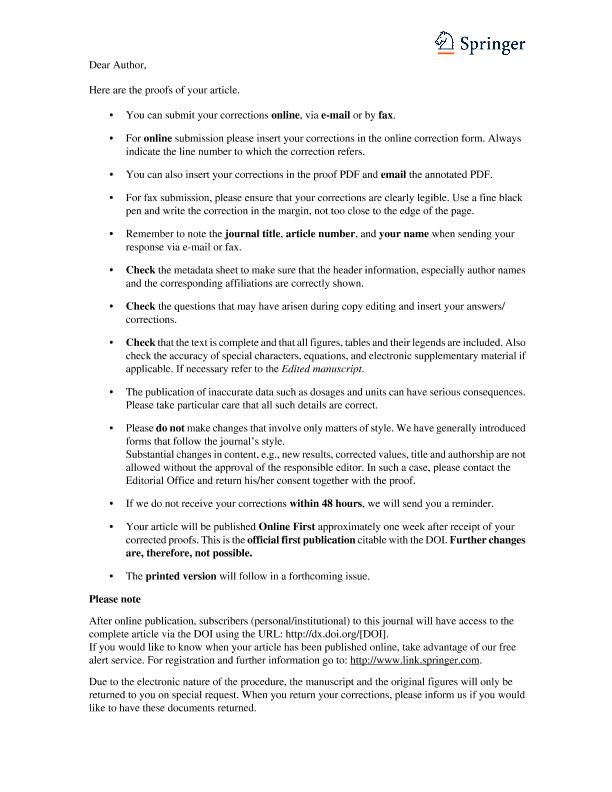Artículo
Hormonal Modulation of Dendritic Cells Differentiation, Maturation and Function: Implications for the Initiation and Progress of Systemic Autoimmunity
Fecha de publicación:
04/2017
Editorial:
Birkhauser Verlag Ag
Revista:
Archivum Immunologiae Et Therapiae Experimentalis
ISSN:
0004-069X
Idioma:
Inglés
Tipo de recurso:
Artículo publicado
Clasificación temática:
Resumen
Hormonal homeostasis is crucial for keeping a competent and healthy immune function. Several hormones can modulate the function of various immune cells such as dendritic cells (DCs) by influencing the initiation of the immune response and the maintenance of peripheral tolerance to self-antigens. Hormones, such as estrogens, prolactin, progesterone and glucocorticoids may profoundly affect DCs differentiation, maturation and function leading to either a pro-inflammatory or an anti-inflammatory (or tolerogenic) phenotype. If not properly regulated, these processes can contribute to the pathogenesis of autoimmune disease. An unbalanced hormonal status may affect the production of pro-inflammatory cytokines, the expression of activating/inhibitory receptors and co-stimulatory molecules on conventional and plasmacytoid DCs (pDCs), conferring susceptibility to develop autoimmunity. Estrogen receptor (ER)-α signaling in conventional DCs can promote IFN-α and IL-6 production and induce the expression of CD40, CD86 and MHCII molecules. Furthermore, estrogen modulates the pDCs response to Toll-like receptor ligands enhancing T cell priming. During lupus pathogenesis, ER-α deficiency decreased the expression of MHC II on pDCs from the spleen. In contrast, estradiol administration to lupus-prone female mice increased the expression of co-stimulatory molecules, enhanced the immunogenicity and produced large amounts of IL-6, IL-12 and TNF-α by bone marrow-derived DCs. These data suggest that estradiol/ER signaling may play an active role during lupus pathology. Similarly, understanding hormonal modulation of DCs may favor the design of new therapeutic strategies based on autologous tolerogenic DCs transfer, especially in sex-biased systemic autoimmune diseases. In this review, we discuss recent data relative to the role of different hormones (estrogen, prolactin, progesterone and glucocorticoids) in DC function during systemic autoimmune pathogenesis.
Archivos asociados
Licencia
Identificadores
Colecciones
Articulos(IMBECU)
Articulos de INST. DE MEDICINA Y BIO. EXP. DE CUYO
Articulos de INST. DE MEDICINA Y BIO. EXP. DE CUYO
Citación
Mackern Oberti, Juan Pablo; Jara, Evelyn; Riedel, Claudia; Kalergis, Alexis; Hormonal Modulation of Dendritic Cells Differentiation, Maturation and Function: Implications for the Initiation and Progress of Systemic Autoimmunity; Birkhauser Verlag Ag; Archivum Immunologiae Et Therapiae Experimentalis; 65; 2; 4-2017; 123-136
Compartir
Altmétricas




